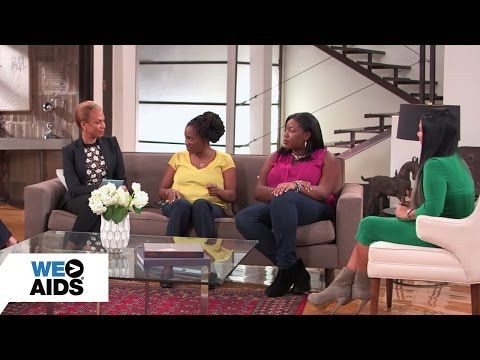'Greater Than AIDS' Campaign Brings Attention To Higher Rate Of Intimate Partner Violence Among Women With HIV/AIDS

Intimate partner violence (IPV), or domestic violence, affects one in three women in the United States — but among women who also have HIV/AIDS, this incidence drops down to one in two. To bring more attention to the abuse affected women face, Greater Than AIDS has launched a new campaign, called "Empowered: Women, HIV and Intimate Partner Violence."
The Kaiser Family Foundation and the Black AIDS Institute launched Greater Than AIDS in 2009 in an effort to better inform and inspire action related to HIV prevention, testing, treatment, and more. For this new campaign, the organization has partnered with the National Domestic Violence Hotline, as well as other organizations, including the Planned Parenthood Federation of America (PPFA) and The Elizabeth Taylor AIDS Foundation. Each organization wants to help women recognize signs of abuse, getting out, and getting help.
The campaign is anchored by a 20-minute video featuring lawyer, author, and longtime advocate for women's health issues, Tonya Lewis Lee, looking at IPV from the perspective of five women living with HIV; each woman has had experience with, and received services, related to their abusive relationships. It's also the first time they’ve spoken about their experience.
"What I took from my conversation with these five women is that this is an issue that can and does affect many women, and with care and support it is possible to move forward," Lee said in a statement. "I was deeply inspired by them and I know others will be too."
PPFA cited that "for women living with HIV, lifetime abuse and the depression and trauma that often accompany it can make it difficult to keep up with HIV medications and stay connected to care, which can significantly compromise their health." What's worse is disclosing HIV status has been known to increase abuse and/or bring on violence.
"Trauma-informed care is a critical aspect of healing for women living with HIV," said executive director of the Positive Women’s Network-USA (also a campaign partner) Naina Khanna. "This campaign also helps to educate the organizations and clinicians that serve women living with and at risk for HIV to better understand that connection."
You can visit the campaign site for more information and watch the video above to hear more from the women involved.



























